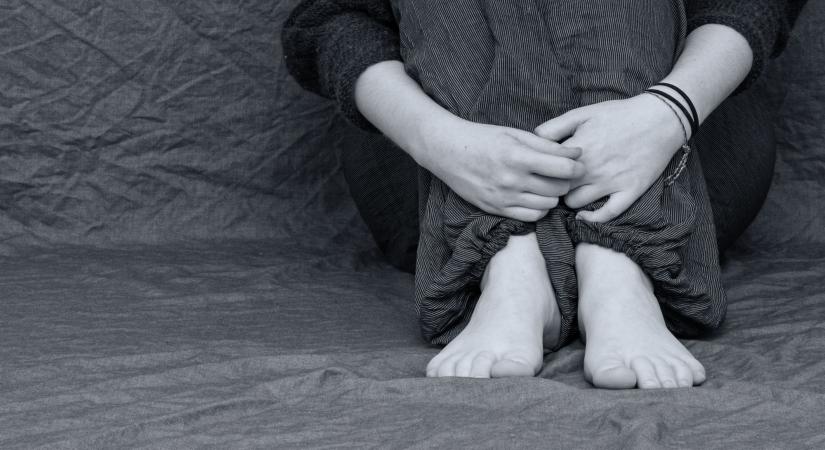
Study decodes how childhood trauma affects brain
London, Feb 6 (IANS) Researchers have found how childhood trauma affects brain development and rewires vital pathways, a finding that may pave the way for treatments.
The team from University of Essex in the UK uncovered a disruption in neural networks involved in self-focus and problem-solving.
The findings, published in the journal Biological Psychiatry: Cognitive Neuroscience and Neuroimaging, suggests that those under age 18 who have experienced abuse will likely struggle with emotions, empathy and understanding their bodies.
Difficulties in school caused by memory, hard mental tasks and decision making may also emerge.
“Currently, science-based treatments for childhood trauma primarily focus on addressing the fearful thoughts and avoidance of trauma triggers. This is a very important part of trauma treatment. However, our study has revealed that we are only treating one part of the problem,” said Dr. Megan Klabunde at the varsity-s Department of Psychology.
“Even when a child who has experienced trauma is not thinking about their traumatic experiences, their brains are struggling to process their sensations within their bodies. This influences how one thinks and feels about one’s ‘internal world’ and this also influences one’s ability to empathize and form relationships.”
Dr. Klabunde reviewed 14 studies involving more than 580 children for the research, which re-examined functional magnetic resonance imaging (fMRI) scans using AI.
The study discovered a marked difference in traumatised children’s default mode (DMN) and central executive networks (CEN)—two large scale brain systems. The DMN and the posterior insula are involved in how people sense their bodies, their sense of self and their internal reflections
New studies are finding that the DMN plays an important role in most mental health problems—and may be influenced by experiencing childhood trauma. The CEN is also more active than in healthy children, which means that children with trauma histories tend to ruminate and relive terrible experiences when triggered.
“Our brain findings indicate that childhood trauma treatments appear to be missing an important piece of the puzzle. In addition to preventing avoidance of scary situations and addressing one’s thoughts, trauma therapies in children should also address how trauma impacts on one’s body, sense of self, emotional/empathetic processing, and relationships,” Dr. Klabunde said.
